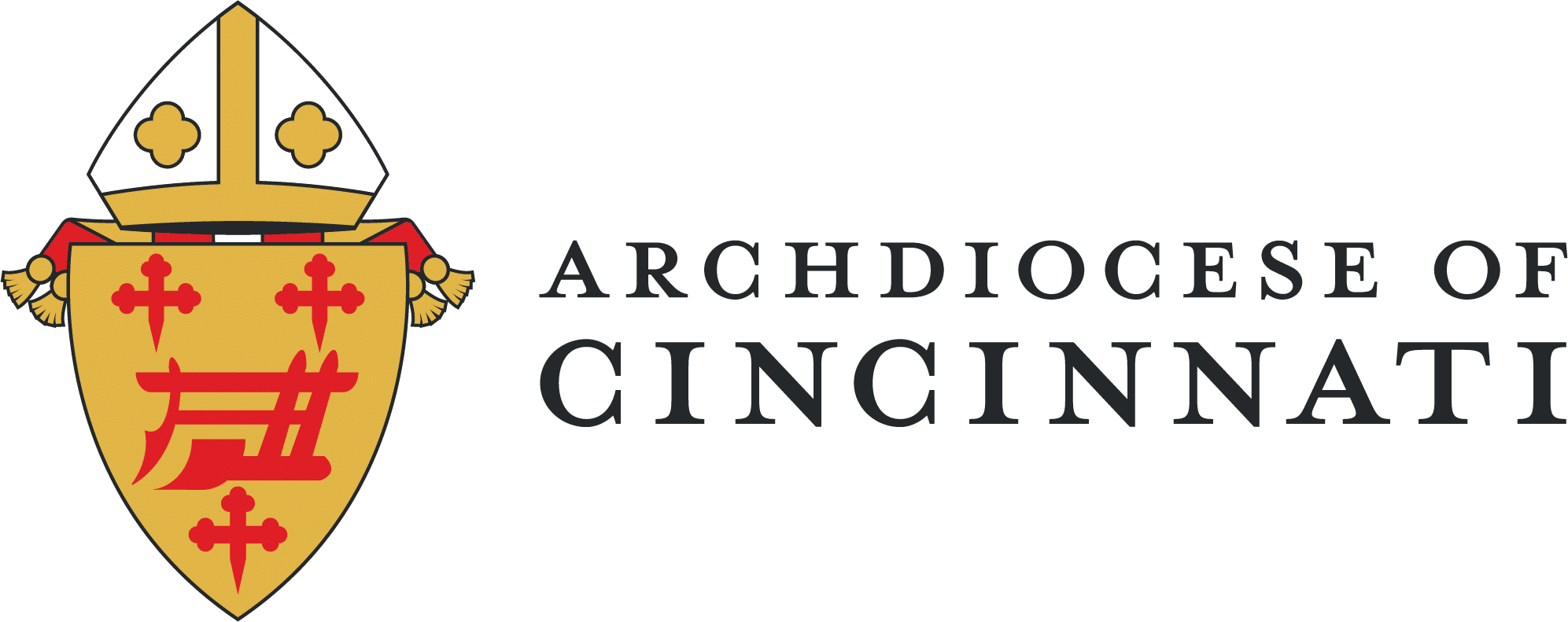This article is the fourth in a series covering each of the six foundational principles of Beacons of Light, the pastoral planning process of the Archdiocese of Cincinnati.
“And so I say to you, you are Peter, and upon this rock I will build my church, and the gates of the netherworld shall not prevail against it. I will give you the keys to the kingdom of heaven. Whatever you bind on earth shall be bound in heaven; and whatever you loose on earth shall be loosed in heaven.” (Mt 16:18-19)
With these words, Jesus entrusted the leadership of the Church directly to Peter and his successors. In the years that followed, the hierarchy was established, and authority was passed on through the popes to bishops and pastors for the care and feeding of the flock in dioceses and parishes. It is important to recognize that the origins of authority within the Church can be traced back directly to Jesus himself.
It should be no surprise, then, that leadership is one of the six principles upon which Beacons of Light is built. Archbishop Schnurr approved those principles as the foundation for the plans each Family of Parishes will develop.
The Leadership principle states:
“Pastors, in collaboration with parochial vicars, deacons and lay ministers, according to their proper roles and charisms, share responsibility for pastoral leadership. The spiritual, physical and mental health and ongoing support of ordained and lay leaders is vital for Families of Parishes.”
This principle recognizes and celebrates the contributions of the many leaders within a parish community. While the ultimate authority and final decisions rest with the pastor, the gifts of many others contribute to the success and vitality of the parish. As the vision of cooperative leadership unfolds within our Family of Parishes, it will be good to explore the many dimensions which will bring this about effectively.
- Our Pastor is Our Shepherd: The Family of Parishes is led by a single pastor who is appointed by the archbishop. He is ultimately entrusted with the care of souls and therefore is responsible for the leadership of the parish.
- We Are Unified Under Our Pastor: The goal of Beacons of Light is the unification of parishes into one Family. Each Family of Parishes is moving toward becoming one parish led by one pastor.
- Deacons Will Assist the Pastor and Parochial Vicars: Deacons are part of the diocesan clergy and are appointed by the archbishop to serve the Family of Parishes. Where before deacons were assigned primarily to their individual parish, all deacons will now serve the Family of Parishes, just as the pastor and parochial vicars will do.
- We Show Concern for the Health and Well-being of Our Leaders: All members of the Family of Parishes support and foster the health and well-being of all leaders. Through these acts of fraternal charity and concern, we ensure the well-being of the Church and those to whom its success is entrusted.
- Co-responsibility Is Essential for Success: Pastors, staffs, and parishioners share responsibility for bringing all relevant perspectives to the process of discernment, according to their proper roles and gifts. In this way, the contributions of all members of the Family are recognized, respected, and included.
- We Plan for Tomorrow’s Leadership: Pastors actively cultivate skill in leadership and draw others into leadership with them. Planning and formation of future of leaders will sustain the Family for generations to come.
- Leaders Embrace Personal Development: Clergy members participate in and are accountable for their spiritual and theological formation as well as leadership development. Clergy and laity are well-formed spiritually, theologically, and for leadership in support of their respective roles.
The leadership of our Family of Parishes includes many people and teams who have a common desire to bring the Gospel to life within the community. Clergy, pastoral council, finance council, competent and qualified staff, and numerous ministries, commissions, and associations share in this vision and participate as members of the Body of Christ. As we embark upon this journey, let our prayer be that each of us, endowed with special and unique gifts from God, contribute to the vitality and success of our Family. In this way, we can cooperate in the leadership conferred upon St. Peter by Jesus himself at the dawning of the Church.

